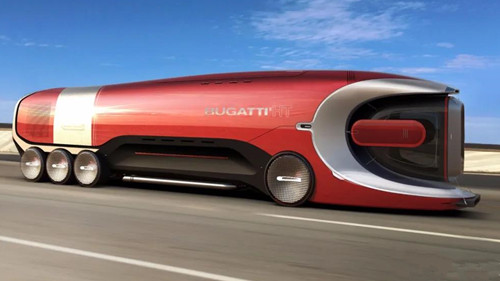Hydrogen Fuel Cell Commercial Vehicle Problems
Hydrogen Fuel Cell Commercial Vehicle Problems. What keeps the cost of hydrogen fuel cell commercial vehicles high? Seek ideas to solve difficult problems
At present, many countries in the world have regarded hydrogen fuel cell technology as an important part of future energy strategy deployment. Solving the cost problem has become an important foundation for promoting the development of hydrogen fuel cell commercial vehicles.

High cost becomes resistance
In recent years, the development of hydrogen fuel cell vehicles has become the focus of attention in the industry. However, there are still many problems to be solved whether it can be truly implemented and applied on a large scale, one of which is the high cost. The purchase cost of a hydrogen fuel cell bus is more than twice that of a petrol vehicle and a pure electric vehicle. Cost is the key to determining whether hydrogen fuel cell commercial vehicles can develop comprehensively and rapidly. The real reason for its high cost is that the core technology and key component technology in the industry chain have not yet broken through, and the degree of external dependence is high; the infrastructure construction is insufficient; and the standards and regulations are not perfect.
There are many reasons for the high cost of the whole vehicle, and all links in the industrial chain such as raw materials, parts and infrastructure are involved. From a technical point of view, the following main reasons are summarized:
One is that key raw materials and parts depend on imports.
The second is the high manufacturing cost of the whole vehicle.
The third is the backward technology of hydrogen production.
The fourth is hydrogen storage, transportation, and hydrogen refueling infrastructure. There are also problems of insufficient technology and high cost. These all increase the cost of using hydrogen fuel cell commercial vehicles and are not conducive to scale promotion.
Fifth, the regulation of policies and standards also has an indirect impact on costs. For example, China’s current policy lists hydrogen as a dangerous goods for road transportation, and the transportation volume is strictly controlled. At this stage, there is basically no economy at all.
Seek ideas to solve difficult problems
At present, many countries in the world have regarded hydrogen fuel cell technology as an important part of future energy strategy deployment. Solving the cost problem has become an important foundation for promoting the development of hydrogen fuel cell commercial vehicles.
